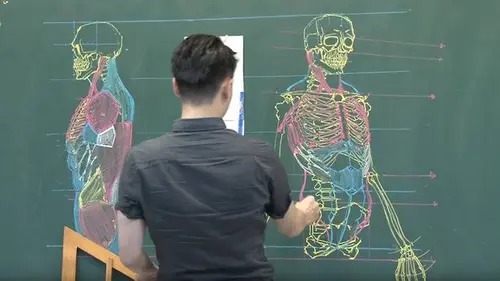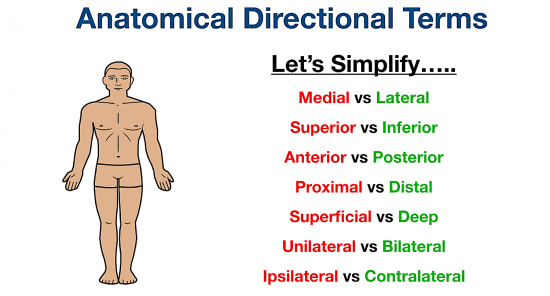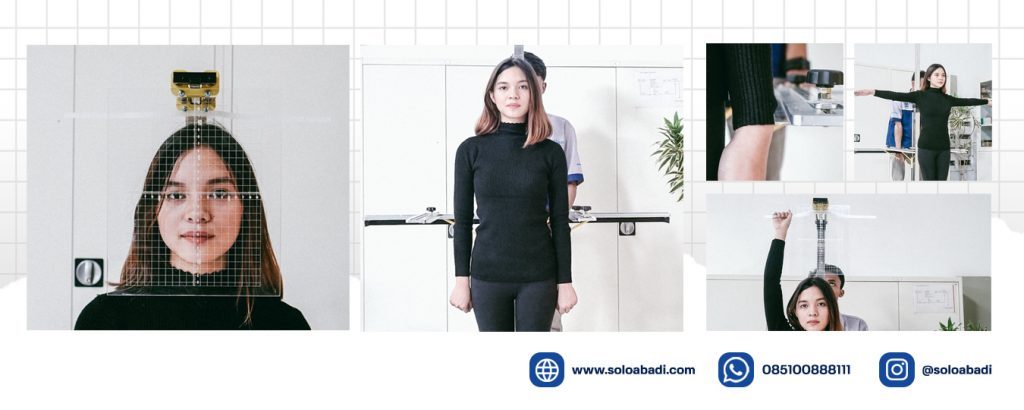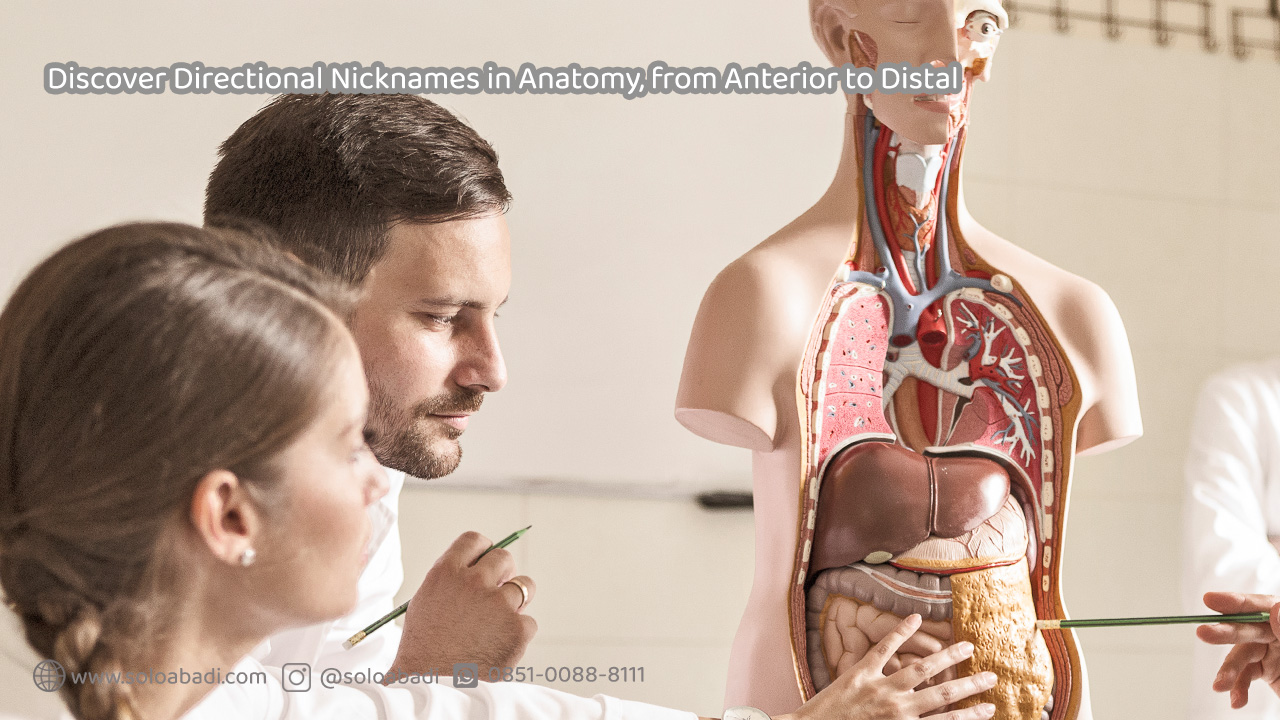Understanding directional terms in anatomy is crucial to avoid errors in interpreting or communicating diagnostic results.
Anatomy is the science that examines how our bodies function and which body parts are involved in various activities. This knowledge helps us analyze ways to minimize and prevent the risk of injury during activities.
To diagnose, there are cases where anatomy involves the role of anthropometry, which is the measurement of human body dimensions.
Learn About Body Anatomy and Anthropometry
Anatomy is a science whose terminology is derived from Ancient Greek: “anatomḗ” meaning ‘dissection’ and “anatémnō” meaning ‘cutting.’ Generally, anatomy focuses on the structure of human and animal bodies, while plant structure is examined in plant anatomy. It is also a branch of biology that explores the body structure of living organisms.

This branch of medical science is closely linked to anthropometry, the study of measuring human body dimensions. In some cases, anatomical diagnosis requires precise body measurements. Similarly, when explaining diagnostic results, doctors need the measurements of the body part being analyzed and refer to it using anatomical terminology.
Directional Nicknames in Anatomy
In anatomy, numerous directional terms are commonly employed to elucidate diagnostic findings. Traditional terms like “up,” “down,” “right,” and “left” are eschewed in favor of scientific terminology that more accurately conveys diagnostic descriptions.

The following are several directional names in anatomy that can be used as a reference:
| Anterior | Located right or close to the front of the body (front view) |
| Posterior | Located right or close to the back of the body (rear view) |
| Midline | Imaginary vertical line that divides the body evenly (right down the middle) |
| Lateral | Further from the center line (side view) |
| Medial | Closer to the center line (side view) |
| Superior | Towards the head/top of the structure (top view, bottom view) |
| Inferior | Away from the head/bottom of the structure (bottom view, up view) |
| Superficial | Close to the body surface |
| Deep | Far from body surface |
| Proximal | Closer to the origins of a structure |
| Distal | Goes further than the origins of a structure |
Best Anthropometric Measurement Tools for Anatomy Laboratorium
To measure and diagnose the anatomy of the medial and lateral positions of the body, accurate and precise anthropometric measuring instruments are needed. The following are recommendations for the most accurate anthropometric measuring instruments with international standards:
1. Anthropometric Chair
Metrisis – Anthropometric Chair is a cutting-edge tool for measuring up to 34 dimensions of the human body. This chair-shaped instrument is adjustable, enabling measurements in standing, sitting, and even facial dimensions. Below are the specifics of utilizing the Anthropometric Chair:

2. Portable Anthropometry
Metrisis – Portable Anthropometry crafted by Solo Abadi Indonesia, is a mobile version of the anthropometric chair, designed for easy transport. This innovative device enables measurement of over 100 dimensions of the human body.
Product Detail:
Contact Us To Get Anthropometry Products
Get anthropometric measuring tools from Solo Abadi by filling in the available ask for price. You can also connect directly through our WhatsApp, because we are ready to contact you immediately.








